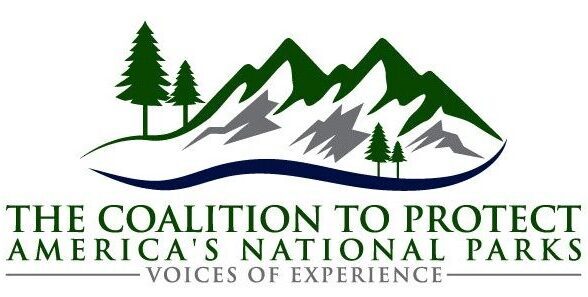When I was Superintendent at Joshua Tree National Park, the number one reason visitors cited for coming to the park was to experience its stunningly beautiful undeveloped views and vistas, which extended well beyond the park’s boundaries. Clearly, the same motivation compels visitors to other national parks across the country, especially those located in the wide open and arid Western states, like Nevada.
However, despite their intrinsic value and priceless beauty, and in opposition to the positive economic benefits they provide to nearby communities, our national parks are being threatened by an urgent problem: speculative oil and gas leasing on nearby public lands.
Nevada’s Great Basin National Park is at ground zero for this type of leasing. In the wide-open spaces of eastern and central Nevada in particular, runaway oil and gas leasing will have the potential to significantly impact Great Basin’s stunning scenic views and vistas, its internationally recognized and absolutely beautiful night sky, and its other unique natural and cultural resource values. These views, vistas and values do not simply stop at the park’s boundary.
Over 90 percent of public lands managed by the Bureau of Land Management are available to be leased for oil and gas drilling, including the potential to lease tens of millions of acres where the likelihood of finding oil and gas is low, but the lands are located near national parks – and other important natural areas – where the importance for protecting wildlife habitats, scenic views and the outdoor recreation experience is high.
Over the past three years, the Trump administration has shown little regard for protecting our national parks by systematically attempting to lease public lands with low-to-non-existent drilling potential that are located on the doorsteps of not only Great Basin but many other national parks, including Great Sand Dunes in Colorado, Capitol Reef in Utah, and Chaco Canyon in New Mexico. In Nevada alone, more than 2.2 million acres have been put up for lease.
Thankfully, Nevada Democratic Sen. Catherine Cortez Masto recently introduced legislation – the End Speculative Oil and Gas Leasing Act of 2020 – that would help protect Great Basin and other national parks across the West by prohibiting this wasteful practice.
In 2018, Great Basin National Park drew over 150,000 visitors who spent an estimated $8.8 million, creating $2.7 million in direct labor income. In other words, this spending created real, lasting, local jobs. Great Basin’s economic contribution alone was about three times the amount of the annual total economic output of all Nevada oil and gas generated in 2018 ($3.1 million). It is estimated that approximately 35,000 acres of land already leased has close proximity and the potential to impact Great Basin.
This deeply misguided approach to leasing public lands in singular pursuit of so called “energy dominance” wastes increasingly limited government resources and fails to responsibly manage America’s public lands as part of a shared landscape. Instead, it prioritizes public lands – even those adjacent to national parks – exclusively for oil and gas leasing. Once leased, the lands are locked up from being managed for multiple uses such as outdoor recreation and conservation for the life of the lease, which could be 10, 20 or even 30 years.
Last year, despite outcry from local communities, national park advocates, and outdoor recreation users, the administration offered to lease more than one million acres of public lands in Nevada that have low or no actual drilling potential. Due to poor potential, only about 10 percent of those leases were sold; and because of the low demand (driven by low potential), we are seeing most leases selling at what are essentially post auction noncompetitive giveaway prices. Yet, there is just one drill rig currently operating in Nevada, which underscores just how illogical and wasteful the administration’s approach to leasing has become.
This is a crisis that demands prompt action. Without fundamentally reforming our outdated public lands leasing system, these resource-intensive oil and gas lease sales will only continue in Nevada and across the West. And our national parks will suffer, as neighboring lands are targeted for speculative oil and gas leasing.
I urge our leaders in Washington D.C. to support the effort to end speculative oil and gas leasing on our public lands so that we can protect our national parks for future generations.
